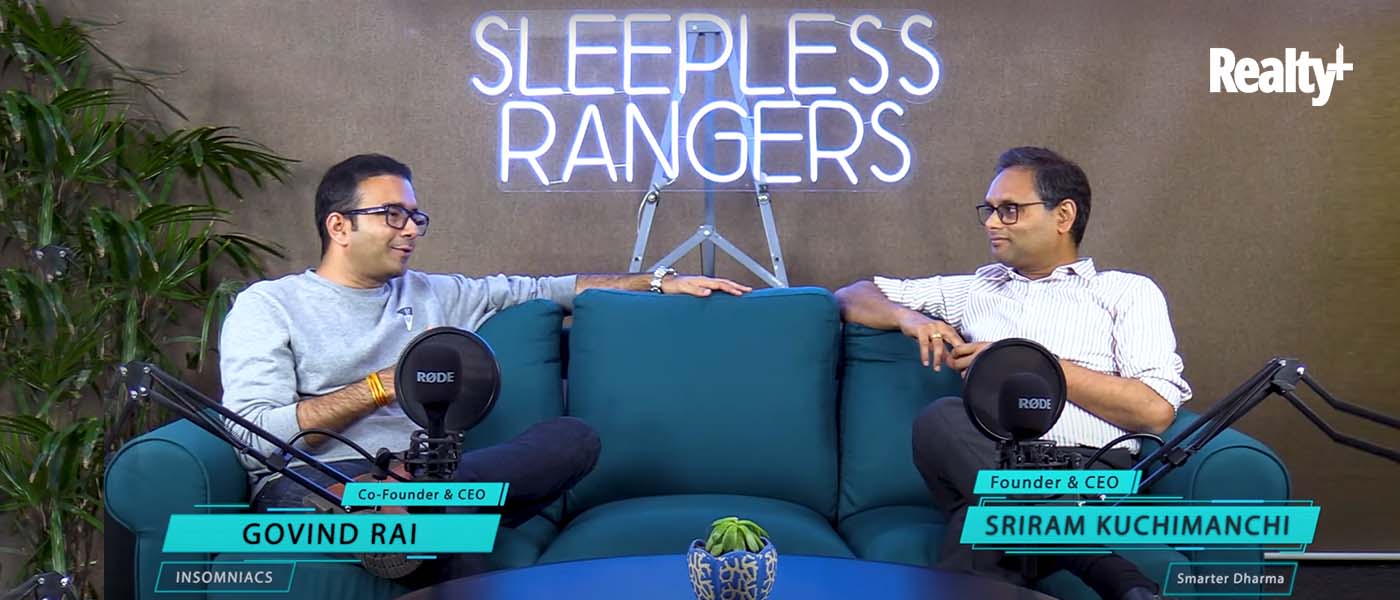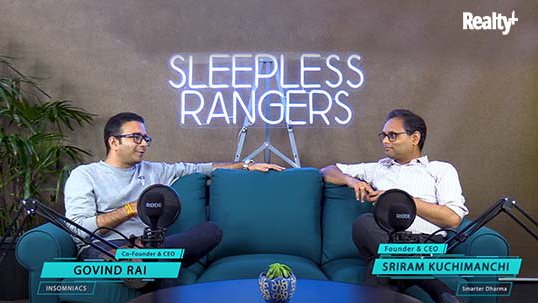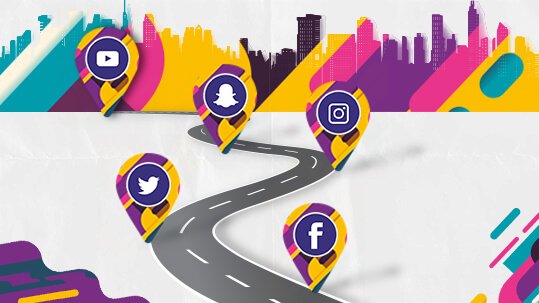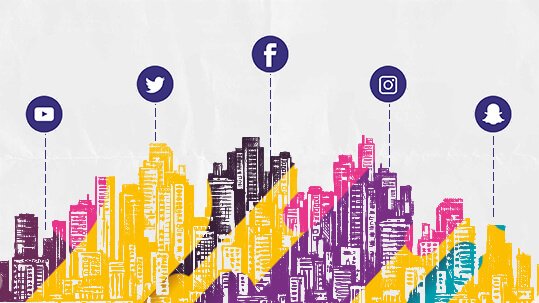Sriram, CEO of Smarter Dharma, founded his sustainability-focused startup to provide sustainable solutions that also bring cost-efficiency for businesses. Through their platform, SD, Smarter Dharma sets realistic, tangible, achievable sustainability goals for developers working on access to sustainable solutions relating to energy, water, and waste. They work towards Net Zero Energy, Net Zero Water dependency, and zero waste going to landfills. Smarter Dharma empowers decision-makers with data-driven decision-making and promotes sustainability in urban India. They also discuss their plans to scale their sustainability technology and expand into new geographies, including the US. The company has created a platform that provides solutions for four funnels: energy, water, carbon, and waste energy.
1) Sriram, the CEO of Smarter Dharma, shares the story of why he started his sustainability-focused startup. After working for years in Silicon Valley, he became involved with a nonprofit organization called Association for India's Development (AID), which highlighted the social impact of climate change. This experience made Sriram realize that sustainability is not just about saving polar bears or stopping melting ice caps, but it's a personal and crucial story of survival for Homo Sapiens. He then founded Smarter Dharma to provide sustainable solutions that also bring.
2) Smarter Dharma’s founder discusses his journey and how he transitioned from being a social activist and climate change advocate to studying sustainability in business school. Despite knowing that a tech job in Silicon Valley would be more lucrative, he felt empowered to make a difference through sustainability and came back to India to embark on that journey. He founded Aid India, which won an award from the Indian government in 2012 for being the most influential non-profit in India from outside of the country. He then founded Smarter Dharma, which aims to solve the deeper problems of access to solutions in the climate sector, including energy, water, and waste, in a holistic manner.
3) the speaker discusses the importance of taking a holistic approach to sustainability and using systems thinking in problem-solving. They give the example of how sustainable decision-making can be applied to buying jeans and real estate development, and how early consideration of sustainability can lead to a more cost-efficient solution. The speaker emphasizes the need for empowering decision-makers with data-driven decision-making and promoting sustainability in urban India as a long-term solution. They also explain their decision to work with corporates in a B2B approach for a greater ripple effect.
4) the interviewee discusses the goal of Smarter Dharma, which is to simplify adoption of sustainability by providing business value and data to simplify decisions. They also introduce their platform SD, India's first sustainability resource planning platform, which sets realistic, tangible, achievable sustainability goals for developers. Through data merging, they help developers set goals for self-sufficiency in water, decarbonization, and energy. They redefine Net Zero as Net Zero Energy, Net Zero Water dependency on external sources, and zero waste going to landfills, which, if achieved, can lead to Net Zero Carbon as an outcome. Their platform provides cost-effective vendor information to help developers achieve these goals.
5) the speaker discusses the sustainability of buildings and the importance of becoming independent from external sources. The speaker highlights that India has its own goals and all real estate developers need to incorporate sustainability into their projects to avoid contributing to India's pollution. The speaker suggests that onboarding a sustainable project is not complicated, and it is just like any other criteria for a developer. The speaker emphasizes the concept of carrying capacity, where they predict occupancy and the patterns of resources to determine what is available to build in the most efficient way possible. The speaker emphasizes that they work with developers to ensure their goals are met in the most sustainable way possible.
6) the speaker discusses the four funnels that they are working on energy, water waste, carbon, and waste energy. The company has created a platform that provides a solution for each of these funnels, and as the developer talks to their consultant and architect, the platform offers various solutions to achieve sustainability goals. For instance, one suggestion given to a builder was to split gray and black water and treat them in separate equations. The builder can then talk to an MEP consultant and make their plan based on the platform's recommendation. The platform also gives cost estimates, making it easier for the vendor to make the decision. The technology stack has integration from various solutions, and the developer can visually see the impact with real numbers.
7) Smarter Dharma's CEO discusses the importance of sustainability in the building industry and how builders need to be conscious of their environmental impact, as younger generations are pushing for more sustainable practices. The platform provides clients with the extra cost of sustainability, operational savings, and environmental impact, as well as potential savings for customers. While builders may experience a reduction in capex in rare cases, commercial buildings are more likely to see cost savings in maintenance, while residential buildings can save up to 50% per square foot per month.
8) the speaker discusses how they convert sustainability into cost savings to make it more appealing to customers and builders. They also talk about the importance of marketing sustainability to customers and how they have helped non-real estate customers communicate their sustainability deductions to their customers. They primarily make money through consulting, marketing, training, platform licensing fees, and content creation. The speaker highlights that a large annual carbon footprint in the real estate industry needs to be addressed and acknowledges that their platform, SmartNinja, has mitigated approximately 45-46 thousand tons of carbonates.
9) the speaker discusses how their company, Smarter Dharma, plans to tackle sustainability issues through a three-pronged solution. The first part of the solution is a technology platform that developers can use to access sustainable materials and solutions. The second part is a marketplace that connects consultants and government officials with sustainable solutions. Finally, the company offers an automated certification process for sustainable buildings. They hope to make it easy for everyone to access sustainable options, and the revenue model is based on a SaaS subscription that includes additional fees for certification. The company has partnered with MCH to pursue IGBC to accelerate technology and certification. The ultimate goal is to mitigate one billion tons of the problem through a holistic, technology-driven approach.
10) the speaker discusses their plans to scale their sustainability technology and expand into new geographies. They have already launched the beta version of their software and sold a few licenses, and they are currently closing a funding round to scale the idea. They plan to expand geographically to the Middle East and the US, where they see potential in the affordable housing market, especially given California's law requiring zero net energy in residential buildings from January 2020 and commercial buildings from 2025. The speaker sees an opportunity to partner with real estate developers to meet mandates. Although the US market is challenging due to limited willingness to change, they believe they can build up momentum organically in India and then spread to these two countries.
11) the speaker responds to a question about government projects and who is responsible for solving issues related to sustainability. While acknowledging the importance of working with various players in this space, he admits that they're not currently working directly with the government but have worked with policymakers in the past. He also emphasizes the significance of building a structure for any Smart City project in India, mentioning that enough data and impact need to be presented to the policy agencies to move the needle towards climate change. The speaker further discusses how they studied numerous communities to determine the adequate space required for an STP and how the government should not grant approval for new projects in areas that are already overusing resources.
12) the speaker discusses how their sustainability platform called Smart Dharma is not limited to a certain market and how the US presents a major opportunity for the company. The speaker also talks about the challenges in fundraising for their company but mentioned that there are people who believe in the cause and have been supporting the company. They also touch on how the real estate industry was initially skeptical about their platform but as more people signed up, developers and investors started to see the potential. The speaker concludes that there has been a change in attitude towards sustainability in recent years and this bodes well for Smart Dharma's future.
13) the speakers discuss the changing attitudes around climate change and its impact on businesses, citing new laws in India that require the top 1000 public companies to report their carbon usage. They also talk about the growing trend of startups focused on solving social and environmental problems, with Smarter Dharma mentoring young startups in India. The episode includes discussions on companies that Smarter Dharma has mentored, including Carbon Craft and Fractional, as well as the importance of empathy towards nature and the role of social entrepreneurs in providing information to empower organizations to adopt more sustainable methods. The episode ends with the host thanking Smarter Dharma and encouraging the audience to internalize sustainability as a core value.
14) the speakers discuss the changing attitudes around climate change and its impact on businesses. While younger people prioritize environmentally sustainable businesses, the shift is also being driven by new laws in India that require the top 1000 public companies to report their carbon usage. The speakers also discuss the changing landscape of startup culture, with a shift towards solving social and environmental problems. They name Snapdeal and Zomato as standout Indian startups and note that social entrepreneurship is becoming more common in the country. Smarter Dharma has been selected to mentor young startups that are focused on solving problems in India.
15) the speaker discusses two companies that he has mentored, Carbon Craft and Fractional. Carbon Craft captures carbon and converts it into a product, making it a more efficient solution than simply storing it underground. Fractional democratizes real estate ownership, which the speaker believes will be less important to the next generation. The speaker then discusses the vision for his company, Smart Dharma, which focuses on solving the problem of society's lost empathy towards nature. He believes that a key problem is the lack of empathy towards nature and that his company's mission is to bring nature back into people's lives.
16) the speaker discusses the importance of empathy towards nature and how women have a stronger capability to build empathy. She then talks about the main role of a social entrepreneur, which is to provide information at various levels and to constantly talk to leaders in organizations to empower them with numbers to adopt more sustainable methods. The speaker emphasizes the importance of constant learning and simplifying complex issues, especially when it comes to climate change, which is personal production. She is always working on new solutions and learning new things to improve her.
17) the host concludes the episode by thanking his guest, Smarter Dharma, for sharing his insights on sustainability and cost-efficiency. He notes that the engagement has been a learning experience for him, and he encourages his audience to internalize sustainability and make it a core value. The host about important subjects. He reminds viewers to tune in for the next episode featuring another entrepreneur.






